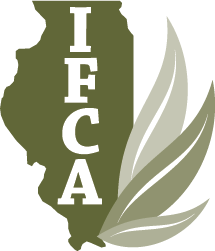Chemical companies pitch bug-killing options amid neonic farm bans
Companies that make bug-killing chemicals and natural remedies are racing to take advantage of restrictions on neonics, a type of insecticide popular with farmers but blamed for harming bees and mayflies.
Global sales of neonicotinoids, or neonics, were $3.01 billion last year, accounting for almost 18 percent of the global insecticides market, according to consultancy Phillips McDougall.
Insecticide sales fell sharply year-over-year, partly because of a 2013 European Union ban on some neonics. The restrictions are expanding in parts of Canada and the United States.
Ontario, Canada's biggest corn-growing province, is phasing in regulations by 2020 that force farmers to prove they have insect problems before using neonics, because of high rates of bee deaths. The Canadian government said last month it would phase out the neonic imidacloprid, made by Bayer AG, because it harms aquatic bugs. That trend opens the door for companies with alternatives, such as Syngenta AG, Dow Chemical and DuPont, as well as smaller companies with cutting-edge biological techniques. Syngenta also makes neonics. Syngenta launched Fortenza, which does not face similar restrictions as neonics, last year in Ontario and is tapping into rising demand. "We were fortunate that Fortenza was registered when it was," spokesman Chris Davison said.
Click Here to read more.
